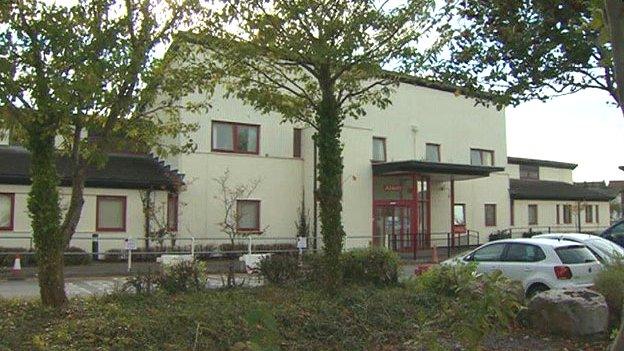NHS decisions 'could be removed from political control'
- Published
Mark Drakeford says 'continuing conversations' with people can take the heat out of difficult decisions
Final decisions about changes to the health service could be taken out of the hands of politicians under new proposals by the Welsh government.
The Green Paper sets out 50 questions, external aimed at making the NHS safer, better and more transparent.
There would be a legal duty for NHS staff to be more open with patients, not just when things go wrong.
Patients would also be asked if they would be willing to share personal health data for medical research.
The 50-page document looks at potential legislation which could be taken up after the next assembly elections in May 2016.
The public are being given a say on a range of ideas, including a merger of the health and social care watchdogs.

Highlights include:
A new legal "duty of candour" for all NHS staff at every level - everyone from GPs to hospital consultants would have to be completely open with patients, and not just responsive to complaints. This builds on earlier calls for a cultural shift in how hospitals and GP surgeries communicate with the public.
Under-fire Health Inspectorate Wales (HIW) could be made more independent of government or even merged with the Care and Social Services Inspectorate Wales (CSSIW). It admitted not responding quickly enough over failings at the Tawel Fan mental health ward in north Wales.
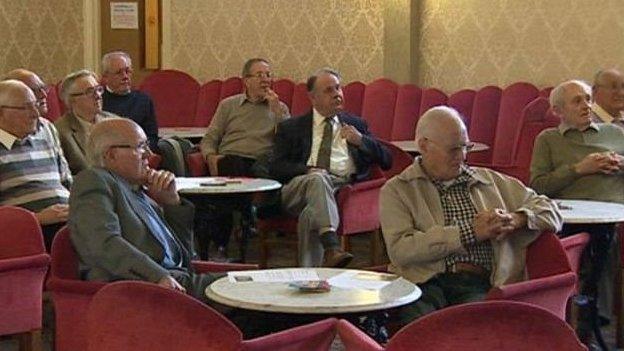
A long-term health study of middle aged men in Caerphilly has been used for 400 research papers around the world.
Building on the successful 35-year health study of 2,000 men in Caerphilly, could the whole of Wales be used as a "goldmine" of health data for medical research? As a first step, the Green Paper will ask how willing would people be to have information about their health used in this way, possibly with a similar approach to the opt-out organ donation legislation.
Community health councils could be strengthened as patient voices and there would be a permanent machinery in place to involve the public, especially involving local service changes and to avoid "surprises".
This process could include a national expert panel, making final decisions on hospital changes and taking the politics out of sometimes controversial local issues.
Borrowing powers for capital spending would go to health boards to cover things like new hospital equipment and buildings.
Health boards could be streamlined and their management subject to a "fit and proper person" test.

Health Minister Mark Drakeford said he wanted to build on the "culture of continuous improvement" to ensure consistency of high standards across the NHS.
"There have been instances when people have been let down by the quality and the safety of the care they receive," he said.
"Whether this is because of poor practice, poor communication and information sharing or for other reasons, it is not something should be prepared to tolerate."
Officials have stressed the proposals are ideas for discussion and details are not set in stone.
A longer consultation period, external has been agreed so people have more time after the summer to give their responses.
It is unlikely any of the proposals will become law before 2017.
Shadow Conservative Health Minister Darren Millar welcomed the proposals for a "truly independent" healthcare inspectorate and for greater financial flexibility for local health boards.
But he called for directly elected health commissioners to "put the voice of patients at the heart of the NHS".
The Royal College of Physicians welcomed the proposals "for a more inclusive and open way to include clinicians, patients and the public in the tough decisions the health service has to make".
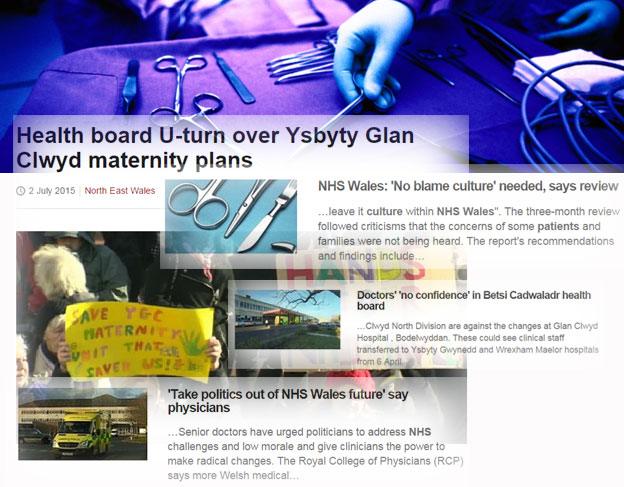

Analysis by Owain Clarke, BBC Wales health correspondent
Due to an ageing population and medical advances, the NHS will need to continue to change.
There is a general consensus among medical experts that some services here in Wales are too thinly spread.
Yet when health boards put forward plans - which may include moving or closing services - often and understandably there's an outcry from the public and politicians, who are reluctant to lose the services closest to them.
Frequently the aggrieved feel they have not been involved of the process of drawing up the plans; they complain that bosses don't listen and decisions are made behind closed doors.
The proposals in the Welsh government's Green Paper would put a duty on health boards to "permanently engage" with the public, perhaps through patient panels or participation groups.
Also, as things stand, when arguments about changing health services can't be resolved locally the final arbiter is the health minister - a politician.
The Green Paper floats the idea that those decisions could in future be made by national panel of experts.
- Published16 June 2015

- Published2 July 2015
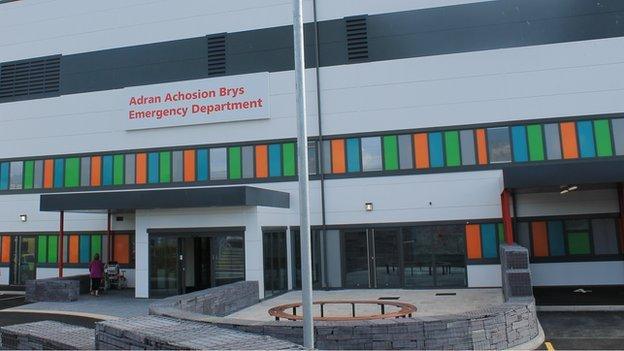
- Published29 June 2015
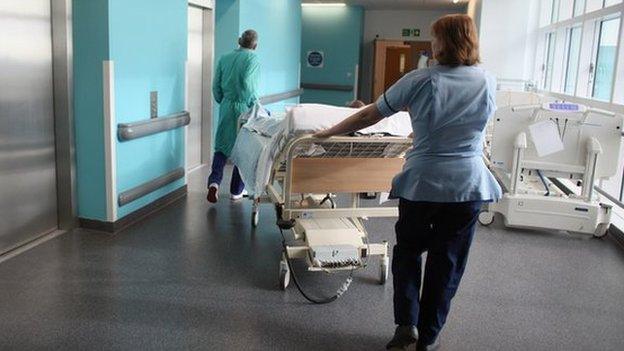
- Published23 June 2015
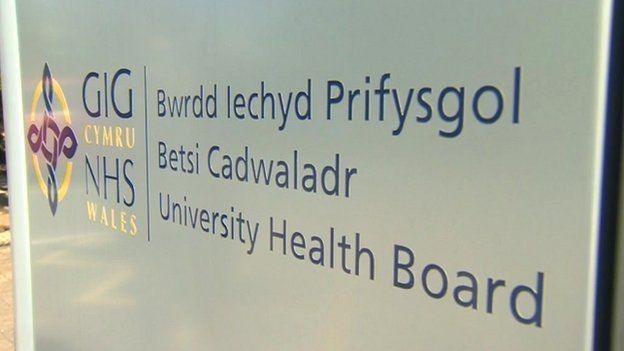
- Published8 June 2015
